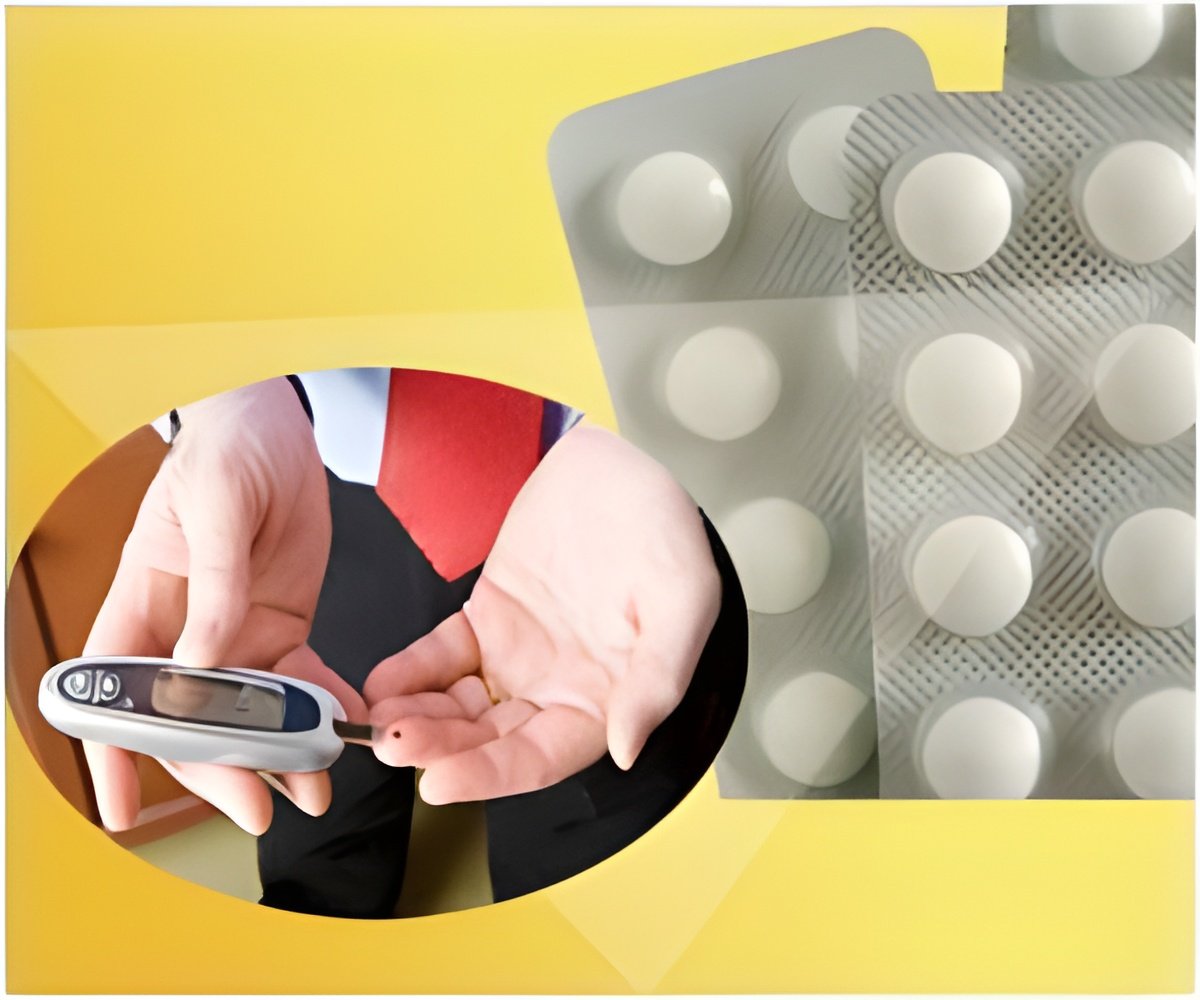Liraglutide mimics the hormone glucagon-like peptide in the body that controls metabolism and appetite, making fatty foods less attractive to the senses.

TOP INSIGHT
Liraglutide, the drug used for type 2 diabetes may make people more attentive to what they are eating, particularly high-calorie or high-fat foods.
A 3-milligram dose is marketed as Saxenda for weight management in overweight or obese people without diabetes. Although researchers suspected liraglutide may work directly in the brain to decrease weight based on animal studies, Farr said how or where in the human brain the drug acted was unclear.
In a preliminary study, Farr and her colleagues in the Mantzoros laboratory used immunohistochemistry to analyze 22 human brain tissue samples for the presence of GLP-1 receptors, which are protein molecules that respond to the GLP hormone''s signal.
She said they found-for the first time-that GLP-1 is expressed in the human brain. They reportedly saw evidence of this expression on neurons, or nerve cells, in the cerebral cortex of the forebrain, an area responsible for higher thought.
The researchers performed a second study in 18 adults with Type 2 diabetes. Participants received 17 days of either liraglutide, up to 1.8 milligrams, or a placebo (dummy drug) in a random order. Then after a three-week "washout" of no medication, the same participants received 17 days of the opposite treatment. Participants were unaware which treatment they received.
In response to highly desirable foods such as cake, pastries and fried foods, liraglutide decreased reward activations in the cortex compared with images of less desirable foods, such as fruits, vegetables and other low-calorie, low-fat foods, the investigators reported.
"Thus, this medication may prove to be better for weight loss for people who tend to eat more high-fat food as a reward, such as when they are stressed. Our study identifies neural targets for more effective weight loss therapeutics in the future."
Farr said they are planning more studies to uncover whether they obtain the same results with the higher liraglutide dose approved for weight management.
Additionally, they hope to discover whether there are individual differences in terms of the brain's response to liraglutide and whether any compensatory brain activations may arise at higher doses to curb weight loss.
Source-Newswise
 MEDINDIA
MEDINDIA




 Email
Email










